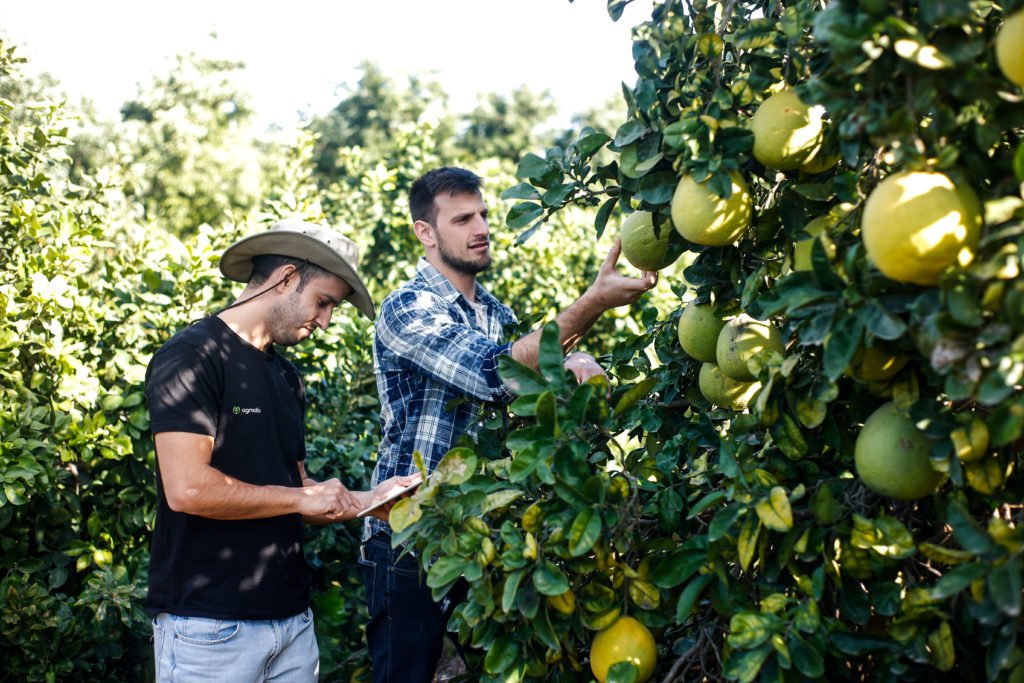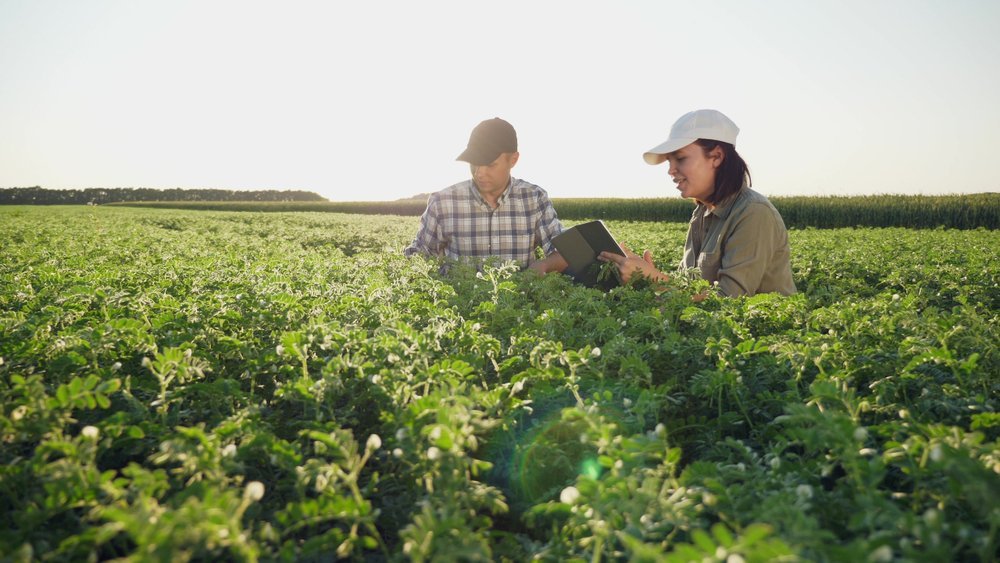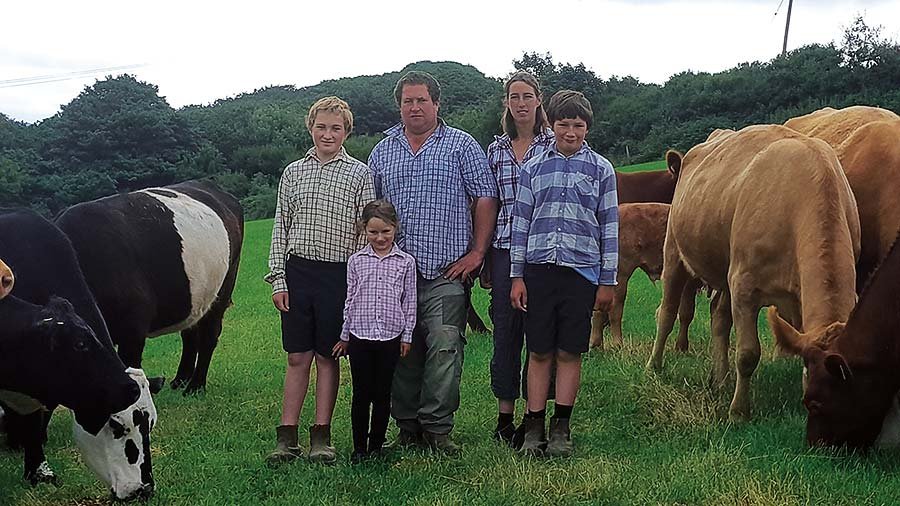The oil, which is made by oil-producing microbes in fermentation tanks (the company has not yet disclosed whether it is using oleaginous yeast or algae), is packaged in aluminum and sold at zeroacre.com with a fairly hefty price tag ($29.99 for one 16 oz bottle, $79.16 for four bottles with a subscription) that CEO Jeff Nobbs says will come down “significantly” as the company scales.
With 93% monounsaturated fat (almost all oleic acid), 4% saturated fat, and 3% polyunsaturated fats (which can be unstable), the oil has an attractive fatty acid profile, and is suitable for roasting, sautéing, stir frying, dressing, and drizzling, Nobbs told FoodNavigator-USA.
“It is great for frying and can be cooked at a very high heat, but can also be used for salad dressings as it stays liquid in the fridge, as opposed to some olive or avocado oils, which tend to solidify and clump up after a day or two,” added Nobbs, who raised $37m in a series A round earlier this year.
> 90% oleic acid
As the concept of ‘cultured’ oil is a novel one for most shoppers, Zero Acre Farms homes in on three purchase drivers: better for you (superior fatty acid profile), better for the planet (a lower environmental footprint than vegetable oils), and better for cooking (clean neutral taste and high smoke point), he explained.
“It has more than 90% oleic acid, very low saturated fat, and when it comes to land use, water consumption, greenhouse gas emissions, it’s about 10 times lower than most other vegetable oils. Cultured Oil uses 85% less land than canola oil, emits 86% less CO2 than soybean oil, and requires 99% less water than olive oil.”
Cooking oil… made to order
When it comes to production, claimed Nobbs, producing oils via fermentation offers environmental advantages according to a recent lifecycle analysis, which would increase further if you could utilize upcycled feedstocks rather than purified sugars from corn or sugar cane to feed your microbes.
“We’ve researched alternative feedstocks, things like corn cobs instead of corn sugar, and the results have been very promising but as we’re just starting out, we’re focused on getting a product out to start.”
Today, most cooking oils come from crops that are planted on vast tracts of agricultural land (and in the case of palm oil, sometimes in places that might be better left alone, such as rainforests), fertilized and watered, harvested months later, and then transported, sometimes thousands of miles, to get to their final destination.
By contrast, Zero Acre Farms’ oil is produced from microbes grown in fermentation tanks that could be located close to the target market, and is ready to harvest in days, meaning it can effectively be made to order – a novel concept in the edible oils market, he said.
“We start with microorganisms - microalgae and yeast - that naturally produce a lot of the types of fats that we want to see. We’re building a platform, and a liquid cooking oil is our first product, but we’re also developing a number of foods that incorporate cultured oil, as well as additional oils and fats that will be used to replace other vegetable oils on the market.
“The process has been scaled up quite considerably [with a third party] so we can make hundreds of thousands of liters at commercial scale and we’re ready to sell in bulk and to scale up from there.”
High-yielding microorganisms
While the organisms Zero Acre Farms uses produce oil intracellularly (within their cells), which means you have to break open the cells to get at the oil, they are very high-yielding, he claimed.
“What’s really cool about the microorganisms we’re using is that they are 80-90% oil, so you’re actually left with very little that’s not oil [after the harvesting process], so there’s not a huge waste stream, and it can be burned for energy that can be used to power the production facility.”
The go to market strategy and regulatory status
Asked about the cultured oil’s regulatory status, Nobbs claimed that it is subject to a GRAS no questions letter from the FDA, which FoodNavigator-USA was unable to locate on the FDA website.
According to Nobbs: “Cultured Oil received a ‘no questions’ letter from the FDA, but you won’t find anything on the FDA GRAS inventory right now under the Zero Acre Farms brand. The ‘no questions’ letter was received under a different company name. As a small, early-stage company, the contents of that letter reveal trade secrets that we’re not comfortable sharing at this time for competitive reasons.”
But he added: “We do not currently license any tech or strains from any other company for Cultured Oil, and all Zero Acre Farms IP was developed solely by Zero Acre Farms.”
On labeling, he said: “on our ingredients list you’ll find Cultured Oil and Mixed Tocopherols (Vitamin E). It is common practice in foods produced via fermentation for there to be no mention of the specific microorganisms used on the ingredient list. The vitamin E is added in the form of natural mixed tocopherols to further prevent oxidation, ensuring as fresh and pure an oil as possible.”
He added: “To ensure the safety of every bottle of Cultured Oil, we also test each batch multiple times for quality and purity, across a number of different measures including comprehensive fatty acid profile, total antioxidant content, and more. We record this information for each batch and make it available to customers through a unique QR code on the back of the bottles.”
Direct to consumer
As for the go to market strategy, Zero Acre is launching direct to consumer so that it can better understand who its early adopters might be and what messaging resonates with shoppers, he said.
“Retail will ultimately be a bigger market for us, and eventually restaurants and packaged foods, but there’s nuance in the messaging that we want to nail before we go to retail, and direct to consumer is just a really good way to do that. We can learn quickly, we can pivot, we can run experiments.”
Thrive culinary algae oil… a warning from history, or before its time?
Zero Acre Farms is not the first company to produce a cooking oil via microbial fermentation, and follows on the heels of TerraVia’s Thrive culinary algae oil, which rolled out to more than 5,000 stores in the US, but was discontinued in 2020 with new owner Corbion observing that, “We were not able to achieve the commercial success needed to sustain the brand.”
Nobbs did not comment on Thrive’s performance, but said he was confident that oils produced via microbial fermentation would have their day, if the price is right and the benefits are clearly communicated.
“We hope we’re not the only cultured oil on the market forever. There’s a really big vegetable oil market out there and tons of room for more players.”











